What does Canada mean to you in 2025? These people shared their perspective
People have different kinds of connection to the land they live on

From poutine, maple syrup and beaver tails to mountains, prairies and the sea, people around the world have some fairly defined ideas of what "Canada" is — if they think about it at all.
But within Canada, pride and identity have shifted over time, whether it was after the discovery of unmarked graves at residential schools or through the displays of the Canadian flag and talk over rights during the Freedom Convoy.
This year saw a resurgence in Canadian pride as people got their "elbows up," bought Canadian products and pushed back against U.S. President Donald Trump's musings about Canada becoming a 51st State and tariff threats. Then there was a federal election — a fast and furious campaign that ended with some frustrated western Canadians talking about separation.
It's led many to feel like there's a national existential crisis amid the ongoing effort to understand the values that define our nation.
CBC First Person is exploring what makes residents and citizens from all backgrounds feel rooted in this country as we approach Canada Day. Read some of the perspectives shared from people all across the country.
As a refugee, I learned what it means to be Canadian in a small Prairie community
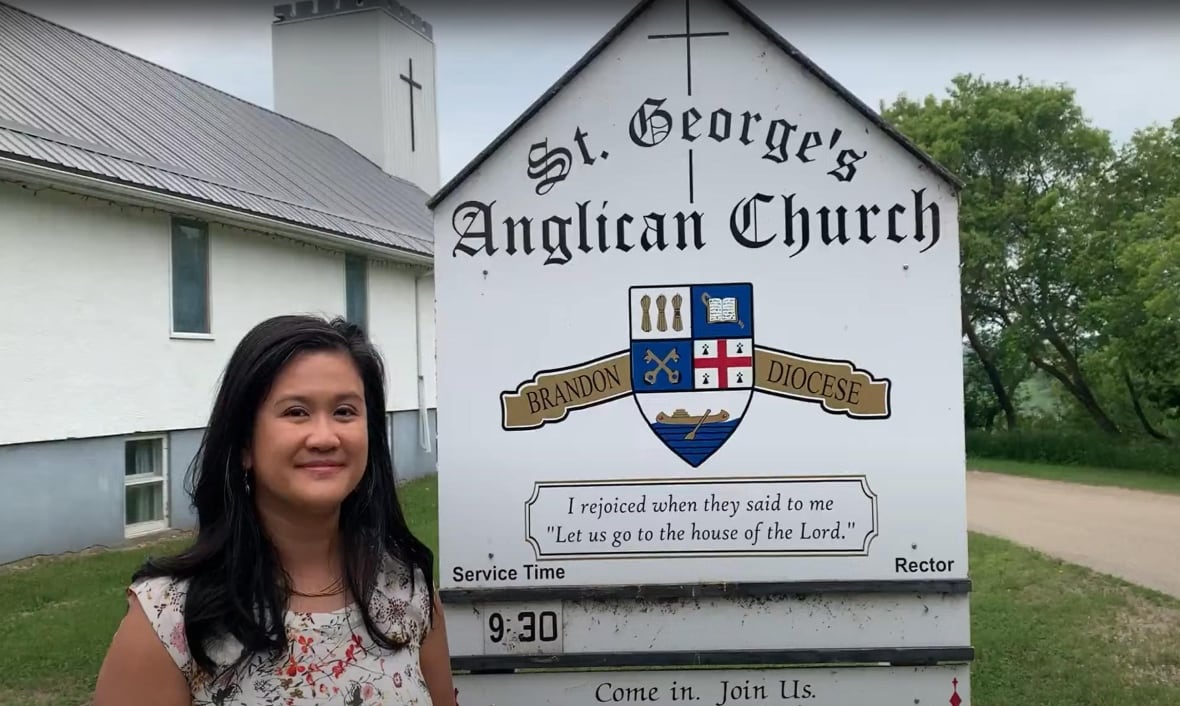
Vien Huynh-Lee's family came to Canada as refugees from Vietnam and moved to Manitoba. Despite the challenges of living in a place so different from Vietnam, they found a home in a rural community. Years later, Huynh-Lee says it's Now it's her turn to create that community and belonging for others. Read more.
I love Canada. But I'm also Blackfoot and see the harm this country has done to my people

Shaylene Lakey is a Blackfoot woman living in Kelowna, B.C. She asks: What if the worst thing you believe about yourself — that your Indigeneity is not something to be proud of — is reinforced by a country you love? Read more.
I spent years feeling like an outsider in Canada — until my children helped me see it as home
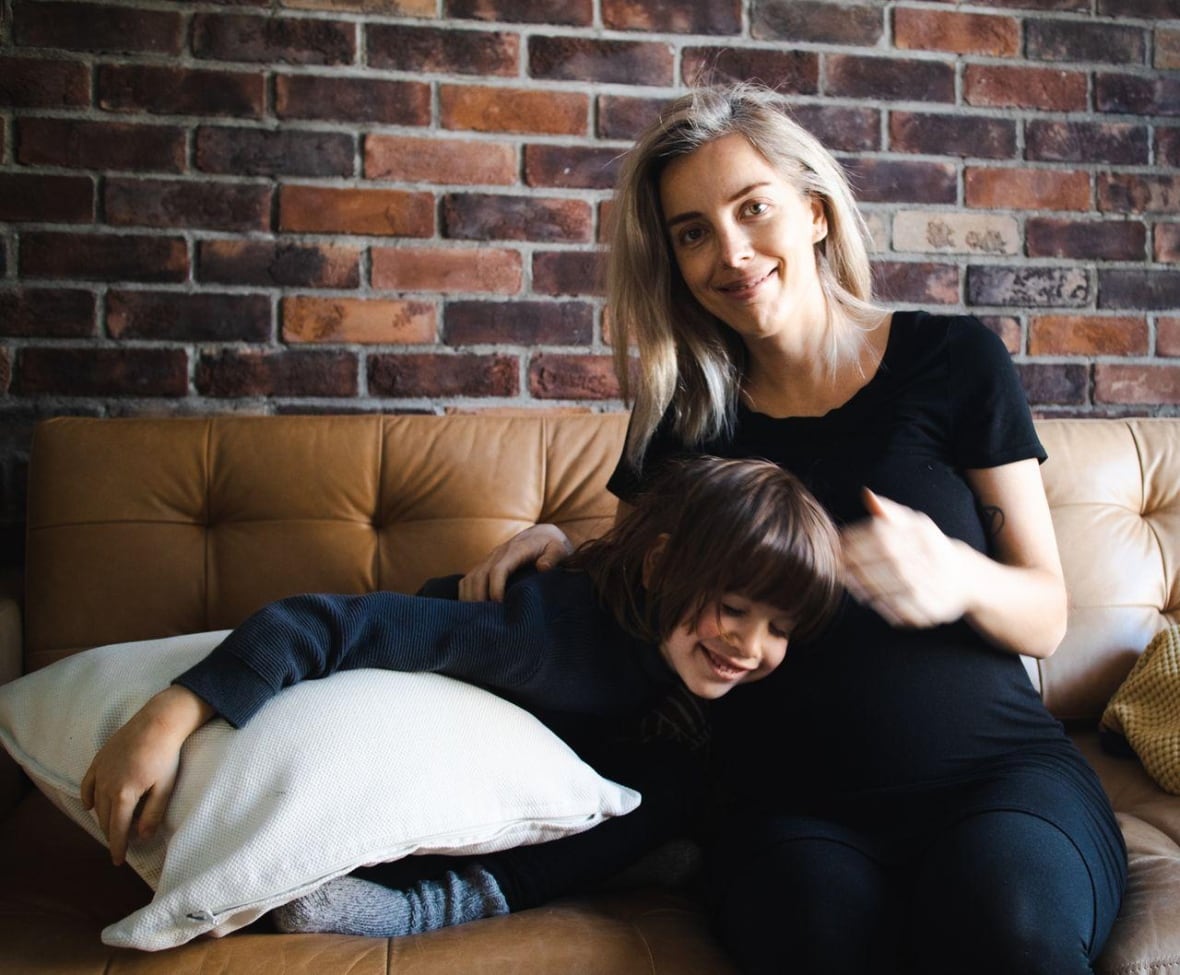
For decades, Magdalena Olszanowski has seen herself as a Pole living in Canada, not a Canadian. That all changed when her Montreal-born children began questioning their identity, forcing Olszanowski to confront her own sense of belonging in Canada and to reconsider the cultural divide that had long shaped her perspective. Read more.
Not perfect, but mine. I made my choice to stay and that's what makes me Canadian
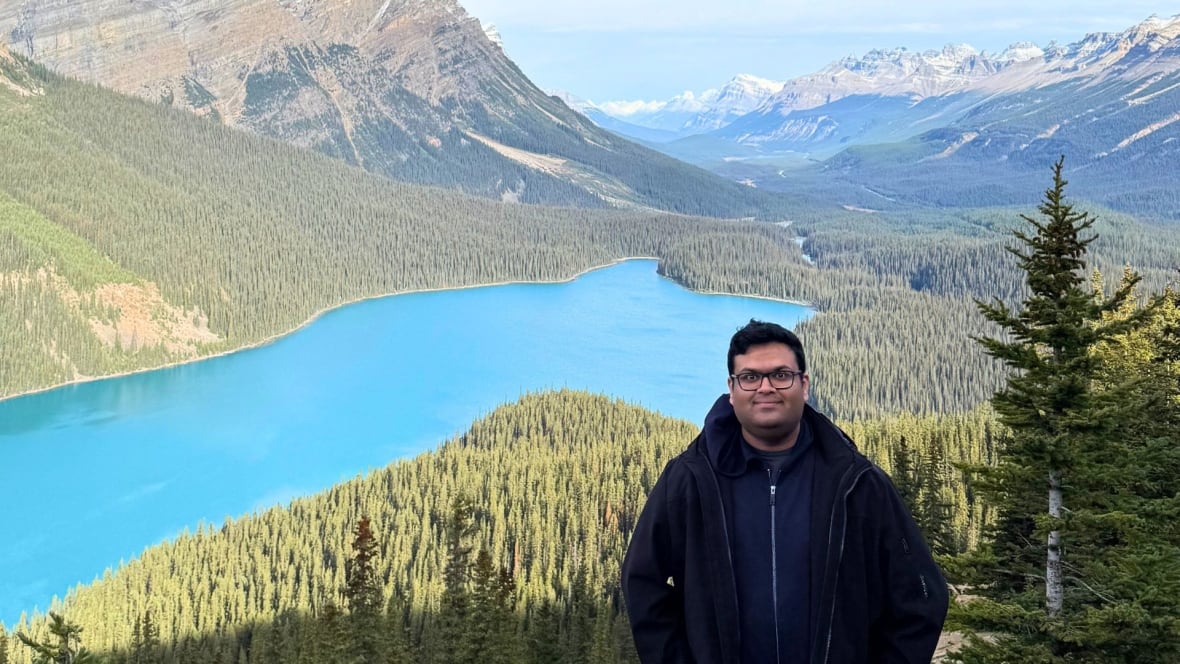
Venkat Ravulaparthi thought winning in politics was his pathway to belong in Canada. But after a difficult loss, he realized you don't have to win to belong. You just have to choose it. Read more.
When I became Canadian, I swore allegiance to the very Crown that colonized my people
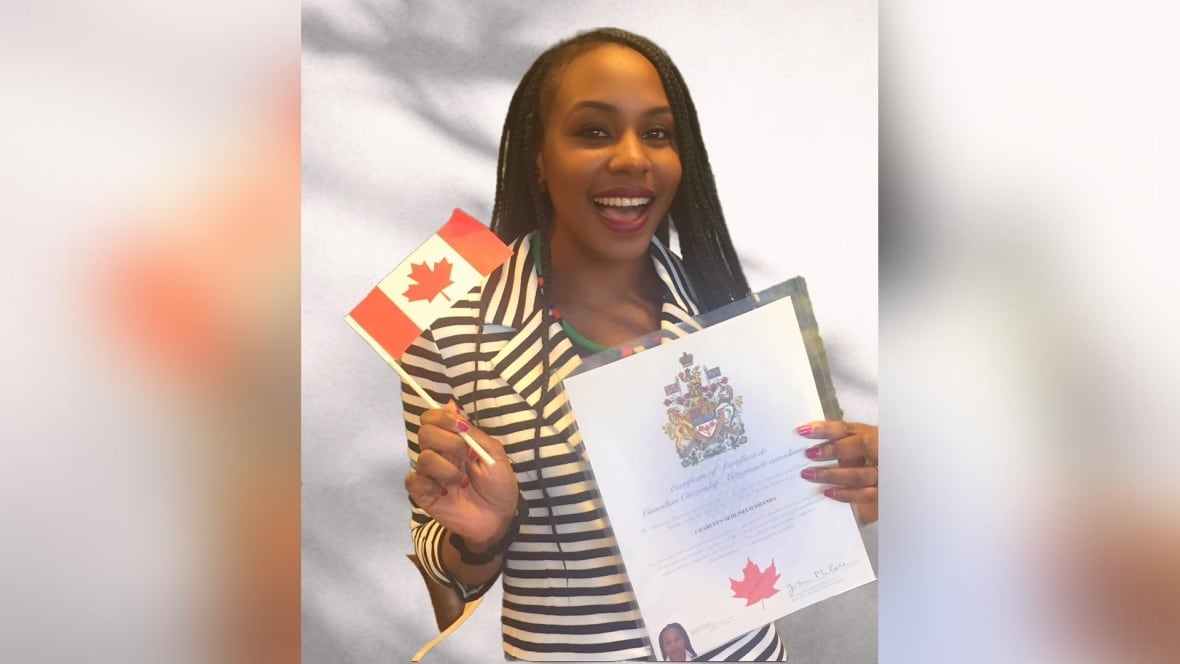
Charleen Sibanda's journey from Zimbabwe to Canadian citizenship has taught her to hold both belonging and the weight of colonization simultaneously. Read more.
As a queer Canadian from rural Nova Scotia, I always felt at home in a curling club
Bailey Ross has always felt at home in a curling rink, but he felt even more embraced and included after finding a queer curling league and competing at the Canadian Pride Curling Championships. Read more.
I was proud to be Canadian. Now, I support separatism for Alberta
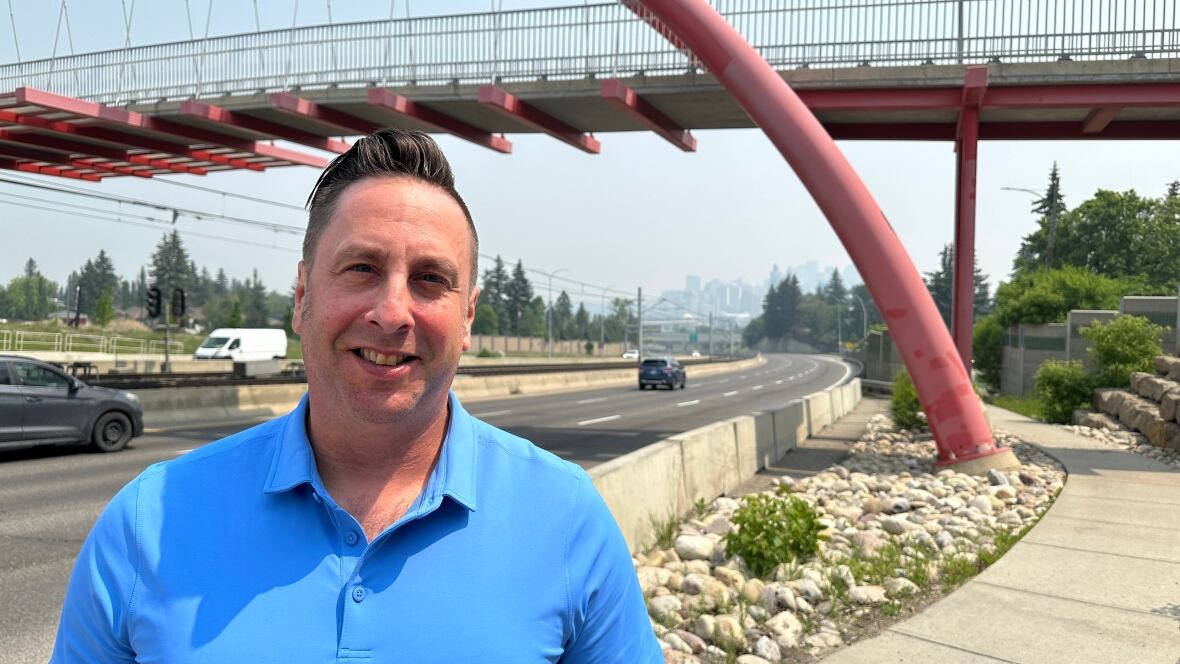
Calgary resident Gord Larson supports the separatist movement in Alberta. But that wasn't always the case. When the trucker convoy and other protesters first set out to get the attention of Ottawa, he felt tremendously proud of his country. Read more.
I thought my childhood dreams were out of reach. Then I came to study in Canada
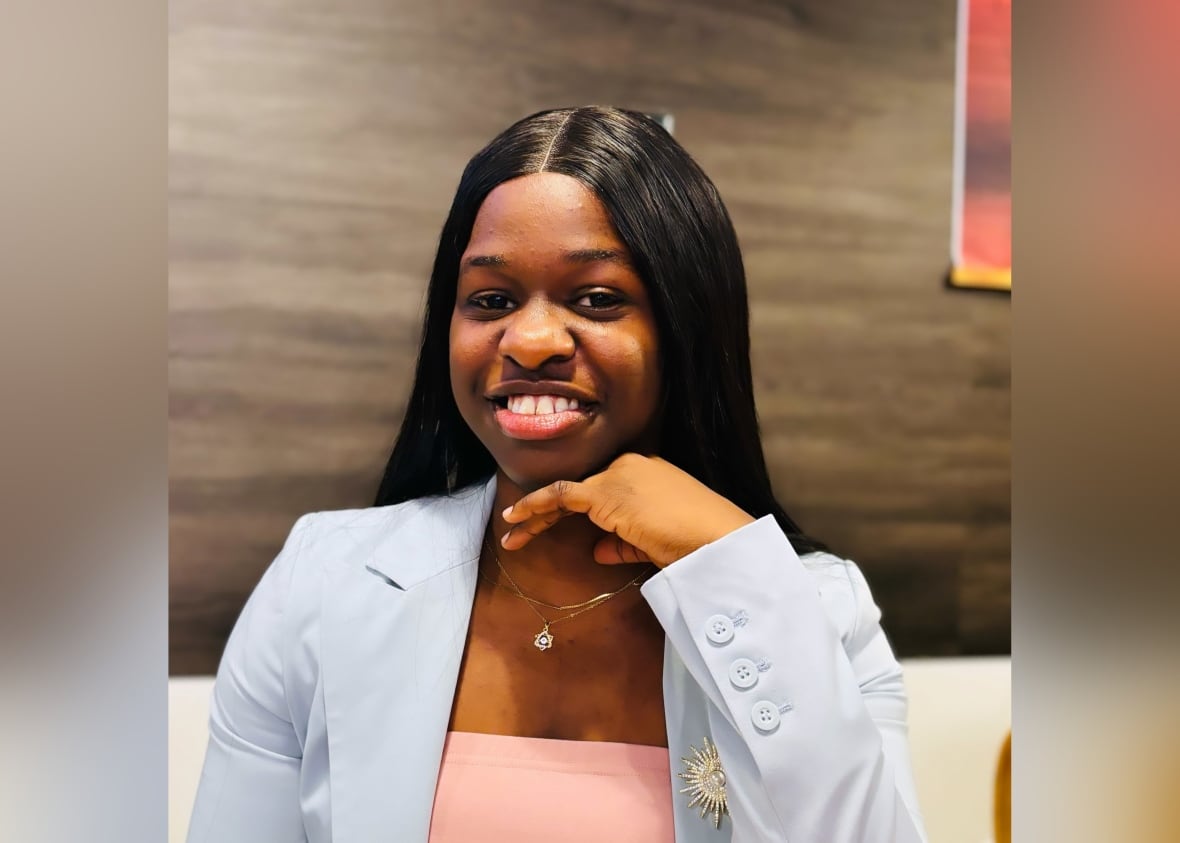
Chidinma Favour Anosike says she is one of several Nigerian young people who've left their home country, despairing of a system where connections and class matter in getting a job, more than skills and experience. Having moved to Canada to study, she sees new life and career opportunities for herself. Read more.
I'm a proud Québécois. Moving to Alberta helped me feel even more Canadian

Thomas Aguinaga's parents didn't speak a word of each other's languages when they met, but their children grew up bilingual and both Canadian and Québécois. Aguinaga writes about how he learned to appreciate both elements of the Canadian identity and the idea of compromise after his time living in Alberta. Read more.
I didn't know what it meant to be Canadian until I saw a photograph that opened my eyes
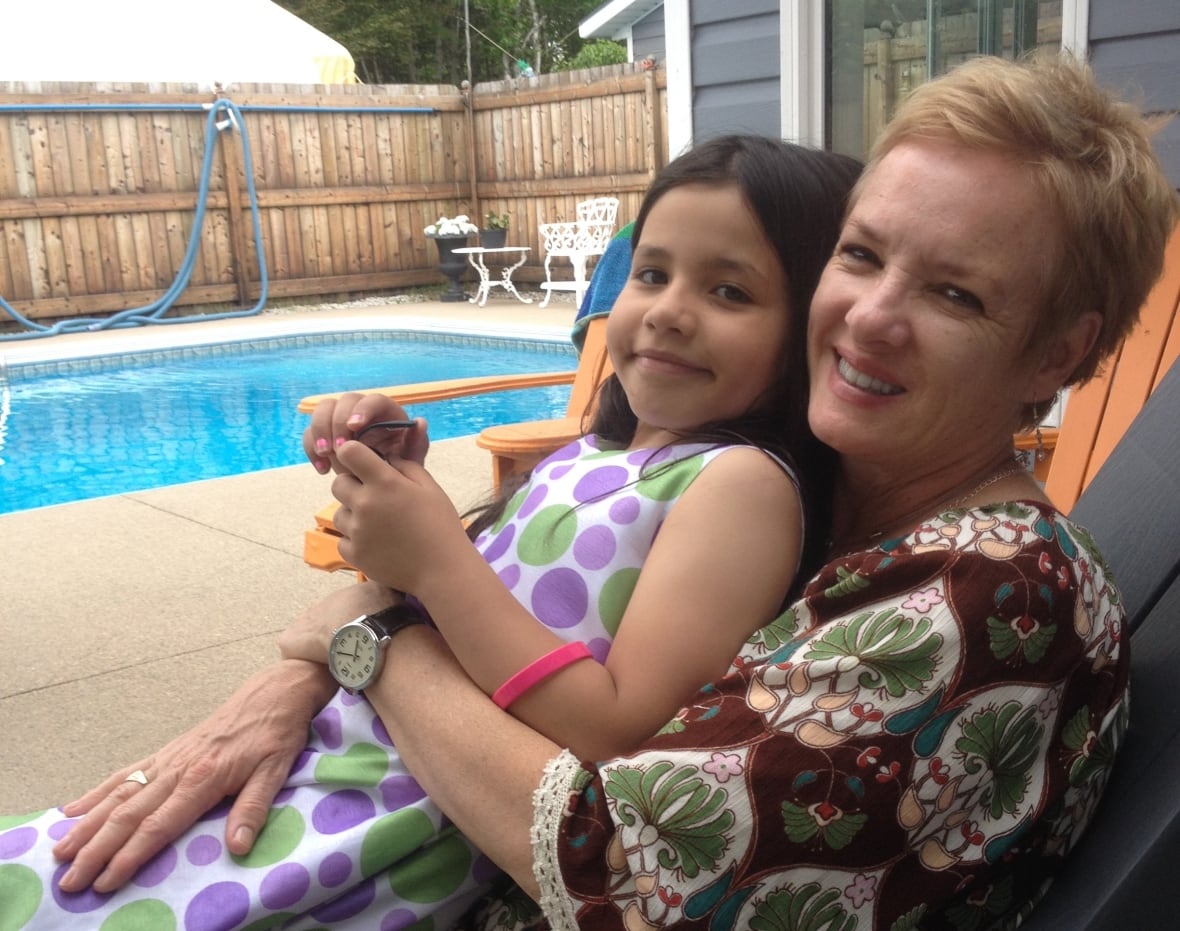
When the photo of a drowned Syrian boy began circulating, Cape Breton's Clare Currie felt deeply moved to help. She saw the people of her beautiful but underresourced island mobilize in a big way to welcome newcomers to Canada. Read more.